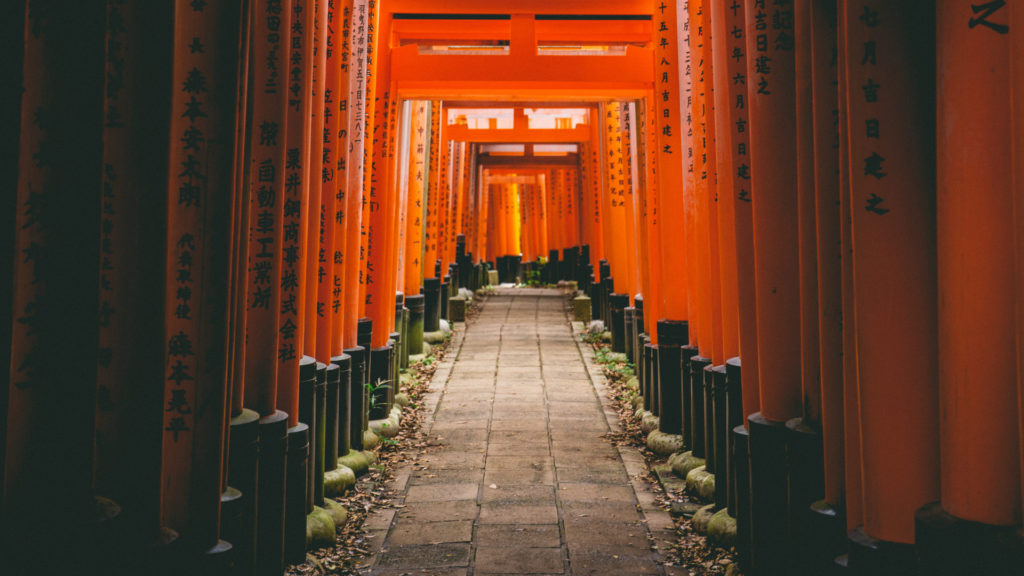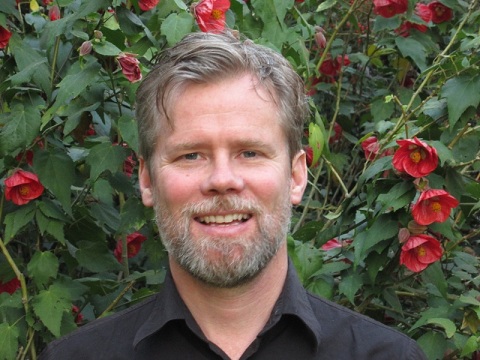At the beginning of the month, Indian novelist Arundhati Roy published a widely shared essay entitled, “The Pandemic is a Portal.” It’s a heartfelt account of how India has responded to the crisis with a detailed, sensitive treatment of the challenges and human toll there. However, it’s the metaphorical headline and rousing close which rise above the details of the essay to capture our imaginations — the pandemic is a portal, a pathway to a better world.
I understand the impulse to latch on to a metaphor that sums up the pandemic, ascribe meaning to it, and even suggests we make the best use of it. It’s an extraordinarily disorienting and painful time. It’s also true that with crisis comes opportunity. And to be fair, Roy is far from alone in the cottage industry of metaphor making that sprung up shortly after the crisis began. The pandemic has been likened to a war, nation, black swan, punishment, an initiation, and likely much more.
However, we must be careful with the work that metaphors do.
Here’s the danger. Metaphors direct our attention toward certain aspects of what’s being defined and away from others. Thus, they can influence how we act. For instance, take likening the pandemic to war — probably the most widely used metaphor. In the foreground, it expresses the need for a national-scale response. In the background, it might allow for wartime-like suppression of civil liberties that are unnecessary during a public health crisis.
Metaphors are also a conceptual shortcut, a heuristic if you will. They put the subject, whatever it is, in a convenient, memorable package. Detail and nuance are stripped away in the process. They enable us to more easily understand (or misunderstand) the subject and then put it away. With the intellectual challenge solved, we can move on.
However helpful and unavoidably human this tendency is, something fundamental is missing. I believe there’s a duty for each of us to be diligent witnesses when suffering is so deep and widespread as it is today. To see clearly what’s happening all around us with eyes unvarnished by this or that metaphor. To see afresh, with “the original eye” no longer taking “things at second or third hand” as Walt Whitman would put it. Moreover, to take it in with all our senses if not our whole body.
To witness the huge death toll worldwide and the wrenching impact on the loved ones left behind.
To feel the searing pain of loss that never goes away, only fades, when it hits in our home.
To see healthcare systems overrun while brave nurses and doctors die for lack of protective gear. To be the caregiver who goes anyway, scared for her life.
To take in the devastating loss of jobs, businesses, homes, and savings – all things worked tirelessly for. To toll the financial wreckage in our own lives.
To be unfairly on the economic edge already and now risk being pushed off. To be without a shelter to shelter in place.
To endure social isolation for months, to ache for touch, to be deprived of the very things that make us who we are — our relationships and communities.
To hold a child who cries for want of a playmate. To be that lonely child.
To feel a sharp loss of safety and freedom. To be elderly or already sick and lose even more.
To feel and see in others psychological distress. To know that suicide prevention hot-lines struggle with record volume. To be a volunteer trying to talk one person after another off a ledge.
To witness long lines at food banks in the US, to know that hunger is visiting many more people worldwide than it normally does. To be in a line for food, to be hungry.
To reckon the missed graduations, stalled love affairs, canceled vacations, postponed weddings, and virtual memorials in our and others’ lives.
To see grocery, warehouse, delivery, and other essential workers serve everybody while dying disproportionally from the virus. To be one of those workers, who can’t afford to miss work.
To live in a vulnerable community hit harder than most and to experience once again harm running deeper along race and class lines.
To see some of the richest nations in the world fail spectacularly to protect their citizens, mount a coordinated response, and cooperate with other nations. To live in one of those nations.
To see some leaders use the crisis to grab even more power when they already have too much.
On the other hand, to see kindness, care, and cooperation grow at the grassroots level worldwide like never before. To be part of this enlivening upswell of humanity.
To see volunteers make an incredible range of medical supplies and equipment to meet shortages.
To wonder at the explosion of social creativity as people find new, safe ways to connect online and off from virtual dance parties to opera from balconies. To join in!
To feel fresh earth when gardening or laying on the grass in a park, while too many don’t get this chance.
To smell fresh air, see the mountains clearly for the first time in decades, watch coyotes roam city streets, and hear birds sing where traffic once howled.
To see myths about ourselves, our countries, and our world smashed to pieces while new possibilities emerge.
If it’s such a momentous time, we shouldn’t rush to sum up the pandemic and move on. If it’s such a rare opportunity for systems change, we shouldn’t scramble hastily to instrumentalize it even if it’s for the common good. If it’s to be truly unifying, let’s stand in the shoes of the many people who suffer and respond differently than us.
Our response risks being shallow if we don’t take it all in, let it soften us, and proceed with presence instead of raw eagerness to just get on with things.
I say let it all pour over us. Don’t fight the overwhelm, let it open our hearts. Whatever world we make together in the aftermath will only benefit from our increased compassion. Any portal to a better future must be paved with footstones of care. What care we give each other now might shape our future more than anything else.
So the pandemic isn’t a portal, yet. But it may become one if we witness it diligently, open our hearts, and answer the call to care.
##
This article is part of our reporting on The People’s COVID-19 Response. Here are a few articles from the series:
- Coronavirus catalyzes growing wave of grassroots action despite social distancing
- The coronavirus pandemic calls us to share more than ever
- The People’s COVID-19 Response needs you
- 10 ways to share during the COVID-19 pandemic
- The Response: Resisting COVID-19 with mutual aid in Chico, CA
- 20 ways Shareable readers are helping during the pandemic









